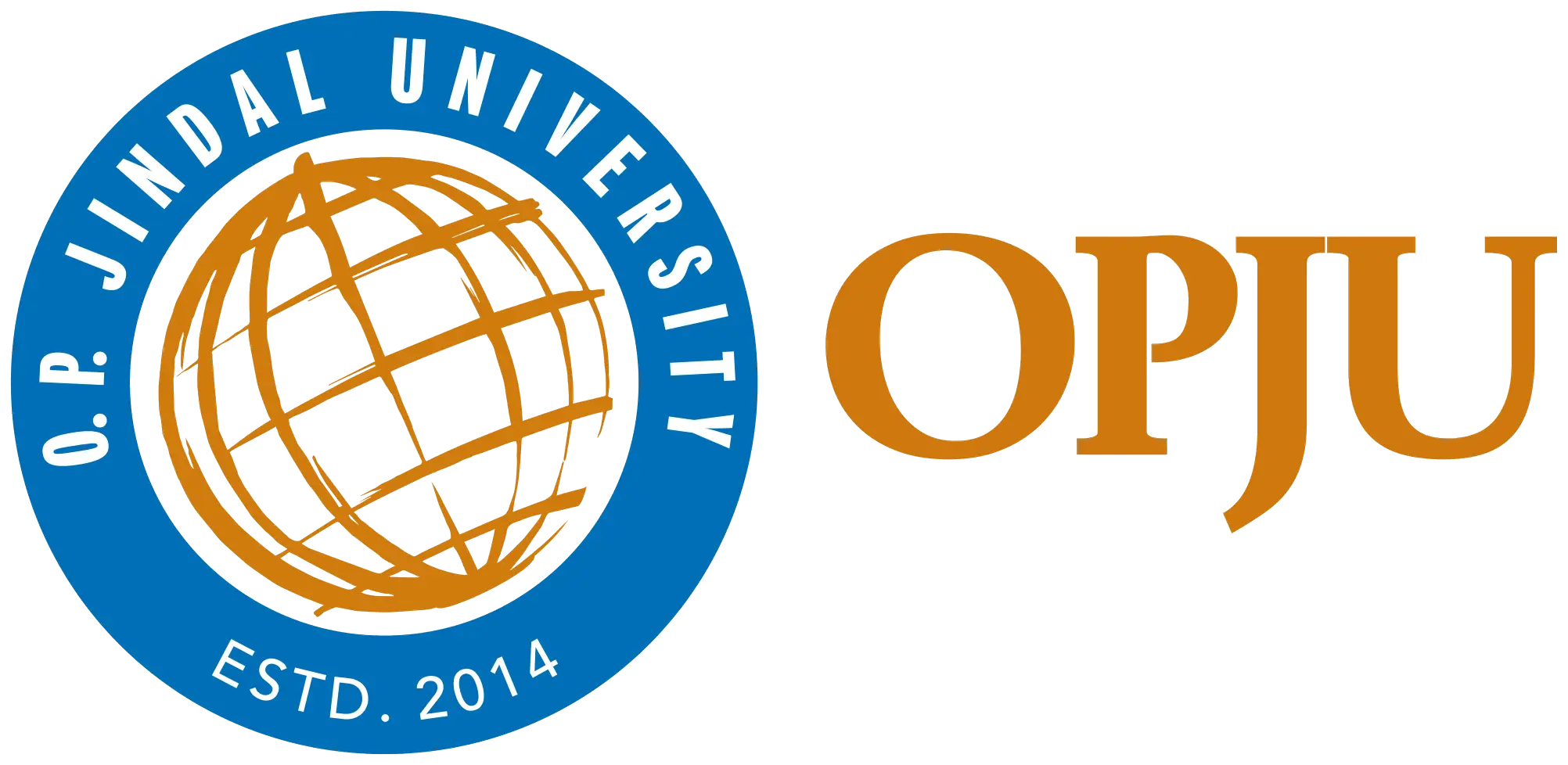PO 1: Knowledge and Problem Solving
Acquire in-depth scientific knowledge of their discipline both in theory and practical, demonstrate basic skills, investigate, apply, and solve the problems in a variety of contexts related to science and technology.
PO 2: Communication and Teamwork
Develop skills to communicate effectively to diverse platforms and contribute meaningfully to different capacities as a leader, team member or individual.
PO 3: Modern tools and techniques for Scientific Experiments
Apply modern tools and techniques to carry out scientific experiments accurately, record, analyze and predict the result for valid conclusion with clear understanding of limitations.
PO 4: Logical thinking
Develop logical thinking and expertise with precision, analytical mind, innovative thinking, clarity of thought, and systematic approach for proving or disproving the facts after mathematical formulation.
PO 5: Skill development and Employability
Develop elementary computing and soft skills to prepare students for industry, entrepreneurship and higher education with precision, analytical mind, innovative thinking, clarity of thought, expression, and systematic approach.
PO 6: Ethics and citizenship
Able to recognize different value systems and ethical principles; and commit to professional ethics, norms, and responsibilities of the science practice and act with informed awareness to participate in civic life activities.
PO 7: Society, Environment and Sustainability
Enhance ability to elicit views of others and understand the impact of various solutions in the context of societal, economic, health, legal, safety and environment for sustainable development.
PO 8: Life-long learning
Acquire fundamental knowledge for lifelong learning to participate in the extensive context of socio-technological change as a self-directed member and a leader.




-thumb-thumb.jpg)